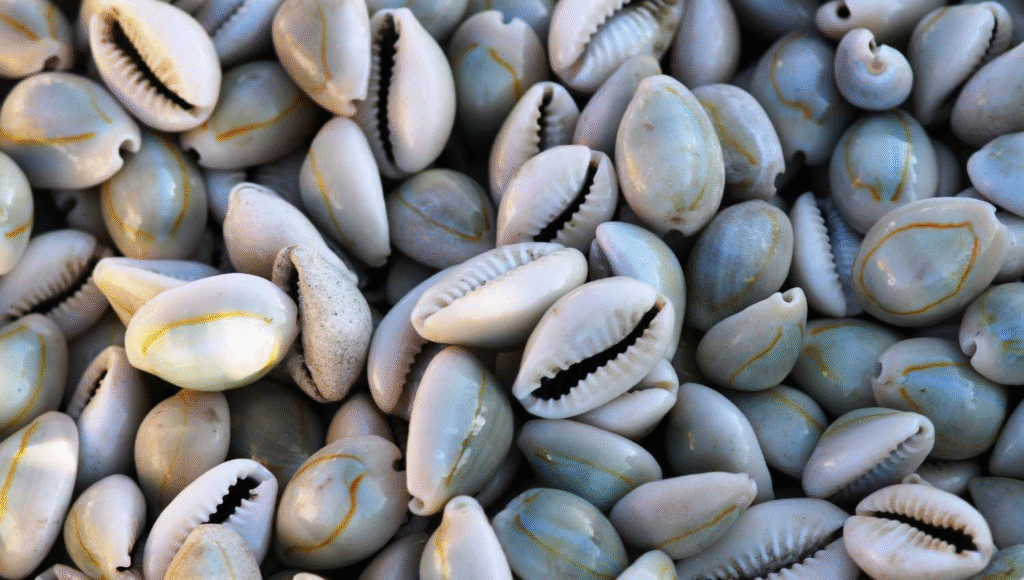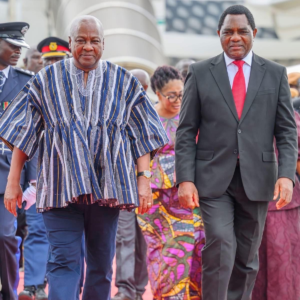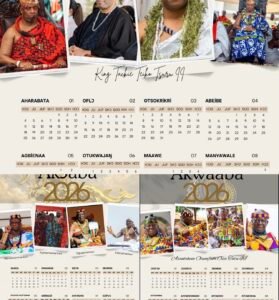
As Ghana marks six decades of its national currency, the Cedi, it’s worth pausing to reflect on the name that has been printed, spoken, and spent by millions since independence. The word ‘Cedi’ holds more than just monetary value; it carries a piece of Ghana’s cultural and historical identity. Long before the first banknote was issued, the term had roots in local trade and tradition. This anniversary marks a moment to look back at where the name comes from and what it still means today.

When Ghana gained independence in 1957, one of the first steps towards full economic freedom was to replace the British West African pound with a currency that reflected the new nation’s identity. In July 1965, under President Kwame Nkrumah, Ghana introduced its own currency and named it the Cedi, taking inspiration from the Akan word sedeɛ, which means cowry shell. For centuries, cowries were used as a medium of exchange across West Africa, long before coins and banknotes arrived.

Since then, the Cedi has seen various redesigns, redenominations, and phases of economic ups and downs. From the first Ghana Cedi to the New Cedi and the redenomination in 2007, each version has carried the same name, a reminder of the value Ghana places on its cultural heritage. Today, as the Cedi turns sixty, it remains not just a unit of currency but a symbol of Ghana’s resilience and its journey towards economic growth and stability.
But then again, looking closer at the etymology of the term brings back one well-known school of thought that continues to hold sway. As already noted, the word Cedi is derived from sedeɛ in Asante Twi and nserba in Fante, both meaning cowries, the traditional shells once used as money across many West African communities. Some believe that sedeɛ or nserba gradually evolved in pronunciation and spelling over time, giving rise to the modern term Cedi.
Before we begin, one interesting thing that supports the etymology of Cedi as sedeɛ or nserba is found on some of Ghana’s old coins. For example, the design of the old one cedi, 20 cedis and 200 cedis coins featured a cowry shell, clearly showing the link between the name and its symbol. This makes the old origin of the word even more factual and easy to believe.
Taking the Twi variant into perspective, sedeɛ may have its roots in the word se, which means “teeth” in Akan, a fitting symbol, as the cowry shell resembles rows of upper and lower teeth when viewed from the side. The second part, deɛ, means “a thing”, and is believed to be a clipped form of adeɛ, where the initial vowel a undergoes elision for easier pronunciation when paired with se. Put together, sedeɛ can be understood as “the thing that looks like teeth,” a description of the cowry’s shape.

Another school of thought also links sedeɛ to its variants sereɛ and seleɛ, which mean laughter in Akan. This comes from how the cowry shell looks like teeth showing in a smile or laughter, making the name a simple reference to its shape.
In Fante, as already noted, the name for cowry is nserba. Etymologically, this could come from serba, meaning silver, which was also used for trade in the past. The Fantes may have called cowries serba because they served the same purpose as silver. In essence, nserba is simply the plural form, referring to cowries in general.
Another possible etymology of nserba, the Fante word for cowry, links it to serew, meaning laughter, and ba, a suffix used to mark something small or delicate. Put together, nserba could mean “a small laughing thing,” a symbolic way to describe how the cowry shell looks like tiny teeth showing in a smile.
In all, looking at where the name Cedi comes from shows how our culture and language run. What started as small shells has become a symbol of our nation’s pride. As we mark sixty years of the Cedi, we remember that it is not just currency but a part of who we are.
Editor: Ama Gyesiwaa Quansah





